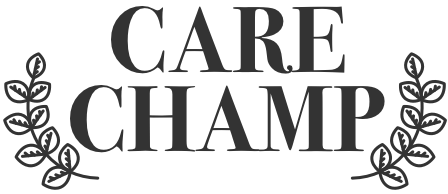Experts categorise early childhood development into stages, each falling within a particular age range and expressive of the physical, cognitive, emotional, language, and speech skills.
Childhood development varies from child to child, and there may be quick advances and even regression from time to time. Parents, caregivers, and pediatricians often expect these variations, but in general, skills develop within normal ranges.
The 5 stages of early childhood development are as follows:
Infancy (0-2 years)
During this stage, children learn to develop trust, form attachments with caregivers, and develop basic cognitive and motor skills such as crawling, walking, and exploring their environment.
Early Childhood (2-6 years)
During this stage, children develop language skills, learn to interact with peers, and develop emotional regulation skills. They also begin to explore their sense of self and develop a sense of autonomy.
Middle Childhood (6-11 years)
During this stage, children continue to develop cognitive skills and begin to understand more complex concepts such as cause and effect, time, and perspective. They also develop their social skills and form close relationships with peers.
Adolescence (11-18 years)
During this stage, adolescents experience significant physical, cognitive, and emotional changes. They develop their own sense of identity and begin to form more mature relationships with others.
Emerging Adulthood (18-25 years)
During this stage, young adults transition from adolescence to adulthood. They continue to develop their sense of self and explore their identity while also making important life decisions such as choosing a career and forming long-term relationships.
Overall, early childhood development practitioners play a critical role in supporting the healthy development of young children.
By providing a nurturing environment, stimulating development through play and learning activities, fostering positive relationships, promoting healthy habits, and identifying and addressing developmental delays, they can help ensure that children have the best possible start in life.
Interested in studying early childhood development?
Learn more about our Early Childhood Development Practitioner course HERE
